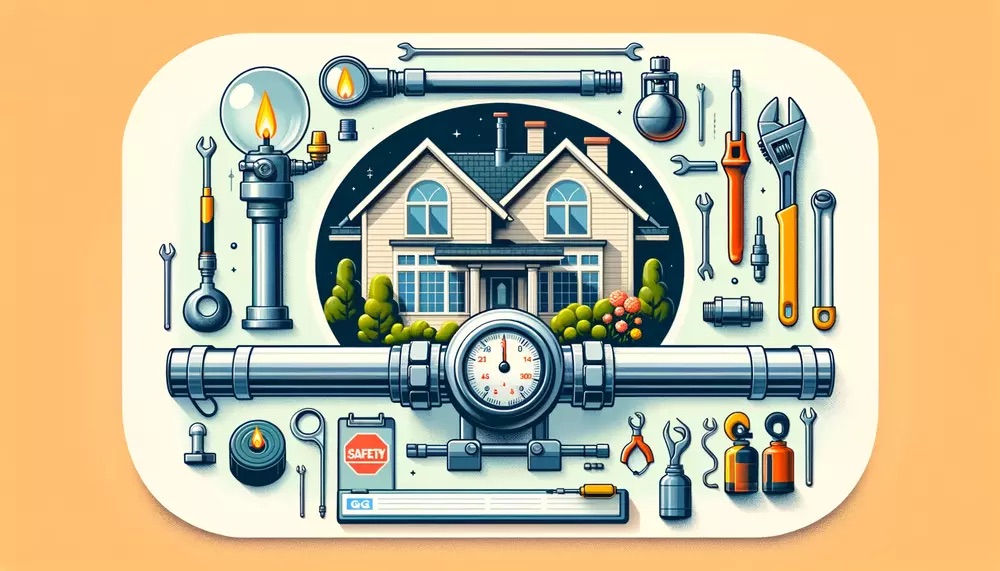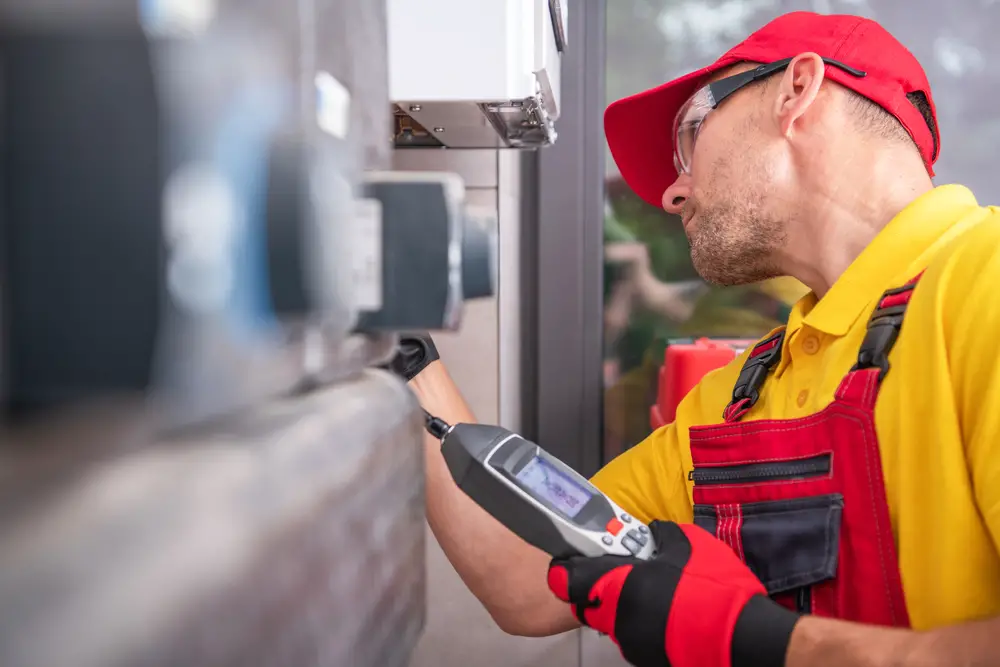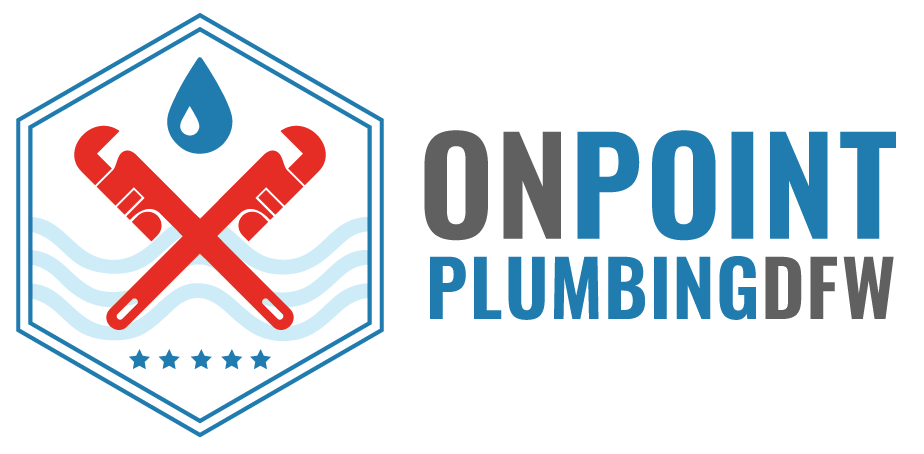
Becoming a homeowner is a wonderful achievement, yet it comes with many responsibilities – one being maintaining its infrastructure safely. Gas line inspection is an integral but often neglected component. This comprehensive guide explains the significance of regular gas service line inspection in both new and experienced households to ensure the integrity and safety of gas service lines.
Understanding The Basics Of Gas Line Inspections
Professional gas line inspection service is a complete study of a home’s gas supply system. This procedure includes looking for leaks, assuring correct installation, and confirming that all components satisfy the most recent safety regulations. It is an important practice for each homeowner since it immediately affects the safety, efficiency, and long-term upkeep of the property.
The Role of Gas Line Inspections
Gas line inspection is designed to protect occupants’ safety. Gas leaks in pipes may result in dangerous scenarios like fires and explosions; additionally, leaks or defects that remain undetected could reduce gas efficiency while increasing energy costs; for this reason alone, a thorough inspection should be viewed as essential both in terms of cost-efficiency and protection of life.
For New Homeowners
Initial Inspection: A Must for New Homeowners
New homeowners should do a full gas line inspection as their first step after acquiring a house. This first examination provides a benchmark for understanding the present health of the gas lines and identifying any urgent repair requirements or possible future difficulties.
What to Expect in an Initial Inspection
A routine inspection for new homeowners comprises a number of checks:
- Visual Inspection: The inspector will visually evaluate any visible gas lines for evidence of wear, corrosion, and damage.
- Leak Detection: Using specialist equipment, the inspector will look for gas leaks in the system.
- Pressure testing: This entails evaluating the gas pressure in the pipes to verify it is within acceptable limits.
- Compliance Check: The inspector will confirm that the installation complies with local norms and laws.
Establishing a Baseline
This first examination is critical in establishing a baseline for subsequent inspections. It serves as a point of reference for monitoring the age as well as the condition of the gas system over time.
For Established Homeowners
The Significance of Regular Inspections
For homeowners who have lived in their houses for many years, monthly gas service line inspections are critical to ensuring the gas system’s safety and efficiency. Older systems may be more susceptible to wear and tear, necessitating frequent maintenance.
Recognizing the Signs of Gas Line Problems
Homeowners should be watchful for symptoms of probable gas line problems:
- Unusual odors, sometimes characterized as rotten egg scents, indicate a gas leak.
- Near gas lines, you may hear hissing or whistling.
- Visible rust or corrosion on pipes.
- Unexplained increases in gas costs, which might indicate tiny leaks.
Scheduling Routine Inspections
It is recommended that established homeowners plan regular residential gas line inspections, usually every one to two years, depending on the age and condition of their gas lines. This proactive strategy prevents small difficulties from growing into severe problems.s.
Comprehensive Gas Line Inspection Checklist

To guarantee a complete examination, whether for a new or old residence, apply the following gas line inspection checklist:
- Visually inspect any accessible gas lines.
- Leak Detection Tests
- Pressure Measurements in Gas Lines
- Inspection of Gas Appliances and Connections
- Verification of compliance with local codes
- Check for proper ventilation in areas with gas appliances.
- Emergency shut-off valves are inspected for accessibility and functionality.
This checklist guarantees that all parts of the gas system are thoroughly evaluated, ensuring the safety and efficiency of the residence.
Choosing a Qualified Pro for Thorough Inspection Service
Essential Qualifications
When hiring a professional for a residential gas line inspection, homeowners should search for specialists who are licensed and experienced. Certifications in gas safety and inspection indicate a competent pro.
What to Expect from a Professional Inspection
Professional gas line inspections should be thorough. Homeowners may expect the professional to:
- Use specialist equipment to identify leaks.
- Give a full report on the inspection, including any suggested repairs or enhancements.
- Provide recommendations on how to maintain the gas system and avoid future problems.
Conclusion: Prioritizing Gas Line Safety
Both new and experienced homeowners alike must prioritize gas line inspection service. Regular inspections are essential to ensuring the safety, efficiency, and durability of a home’s gas system – as well as protecting family health and wellbeing. By understanding their value and taking proactive steps to conduct regular service line checks on their service lines, they can ensure their homes remain compliant with local standards for years to come, bringing peace of mind for years.
At On Point Plumbing DFW, we specialize in offering exceptional gas line inspection services in Bedford to both new and existing clients. Our qualified technicians utilize cutting-edge equipment and techniques to ensure your gas system is safe, efficient, and up to code. We understand the significance of comprehensive inspections to protect both you and your gas system’s integrity – count on us as partners to keep it that way!
